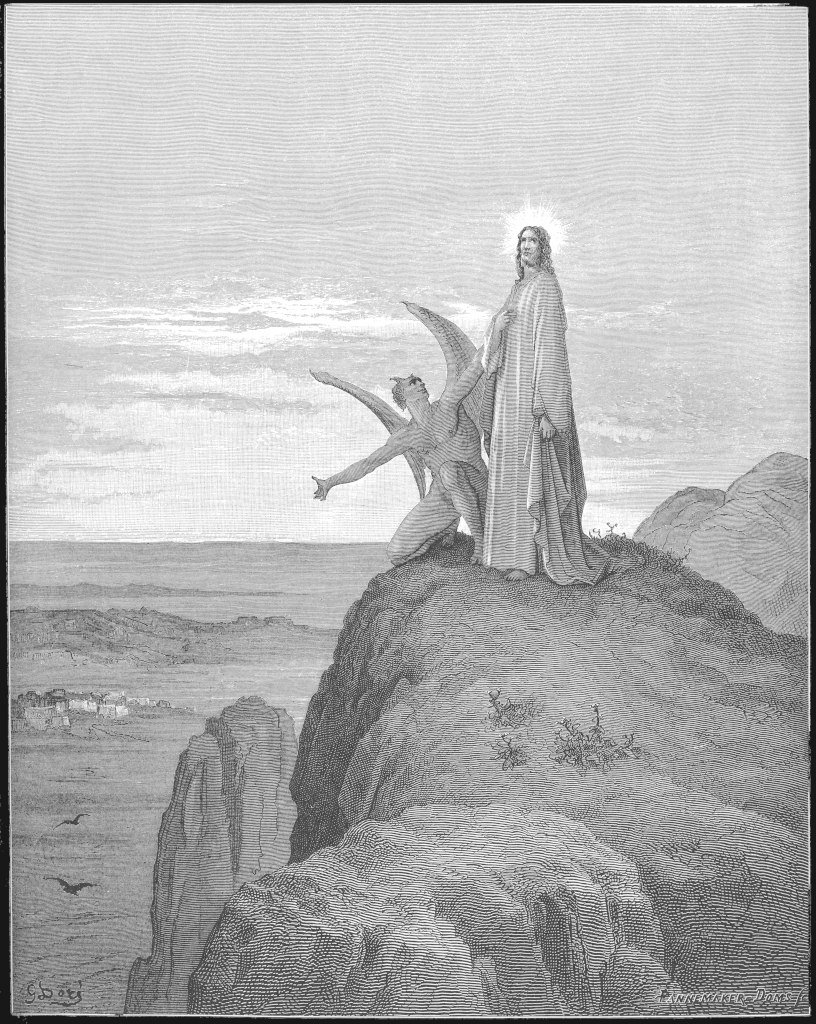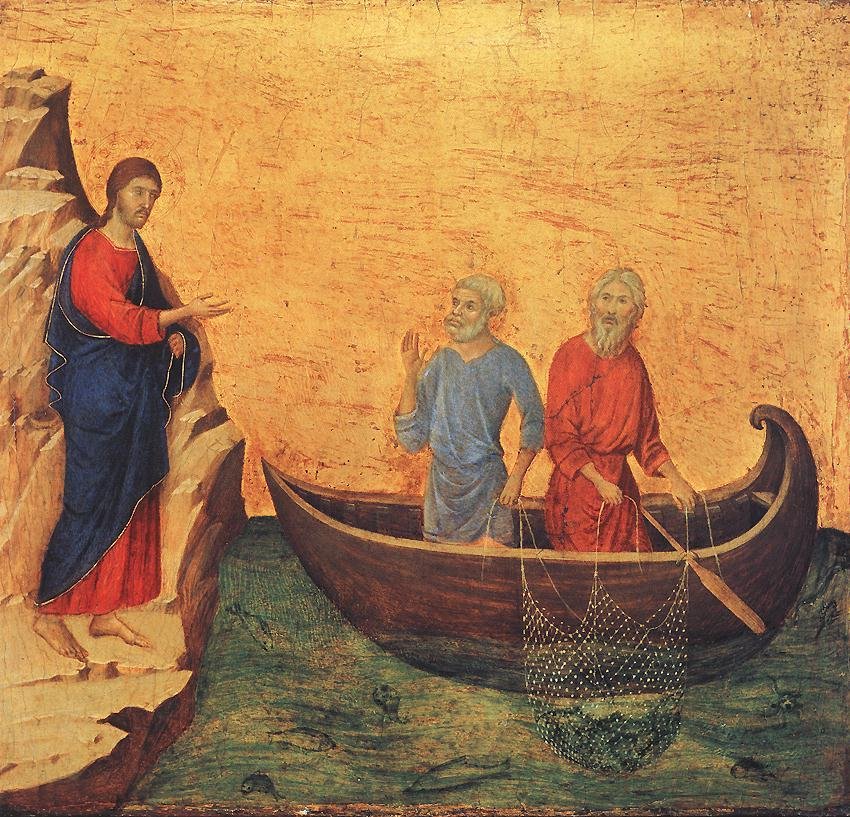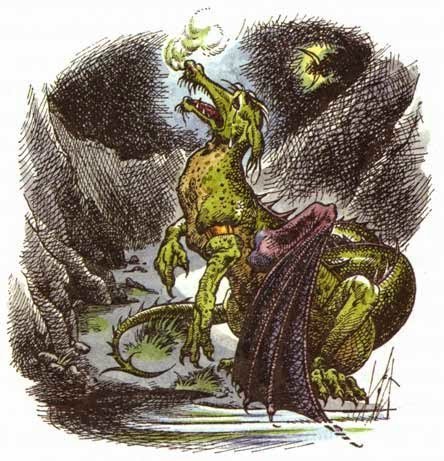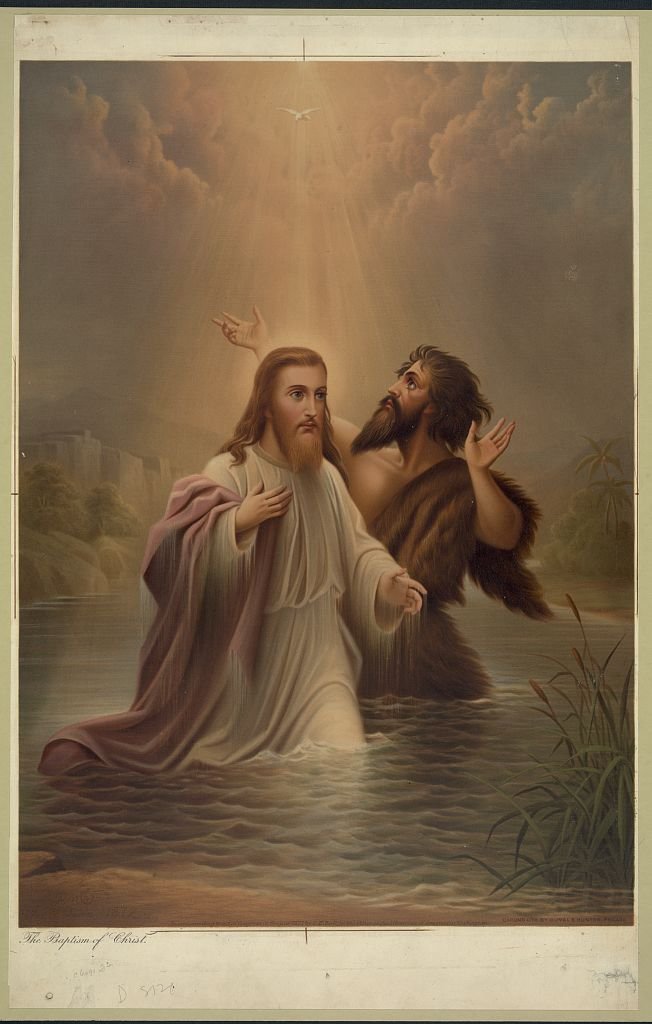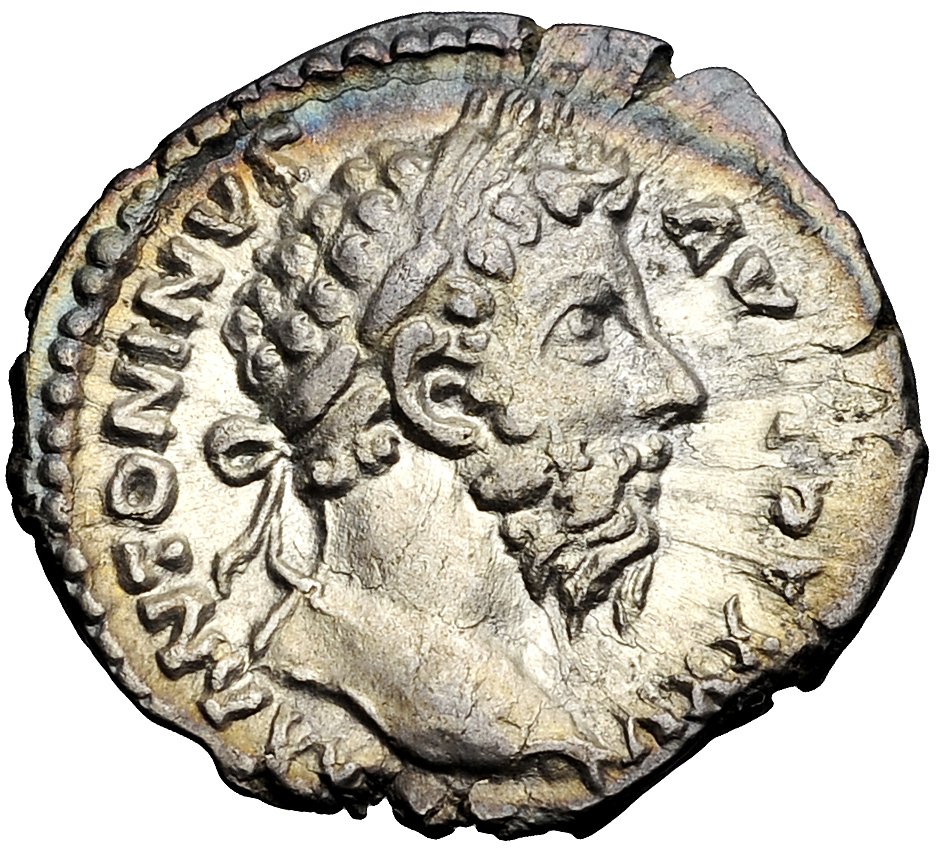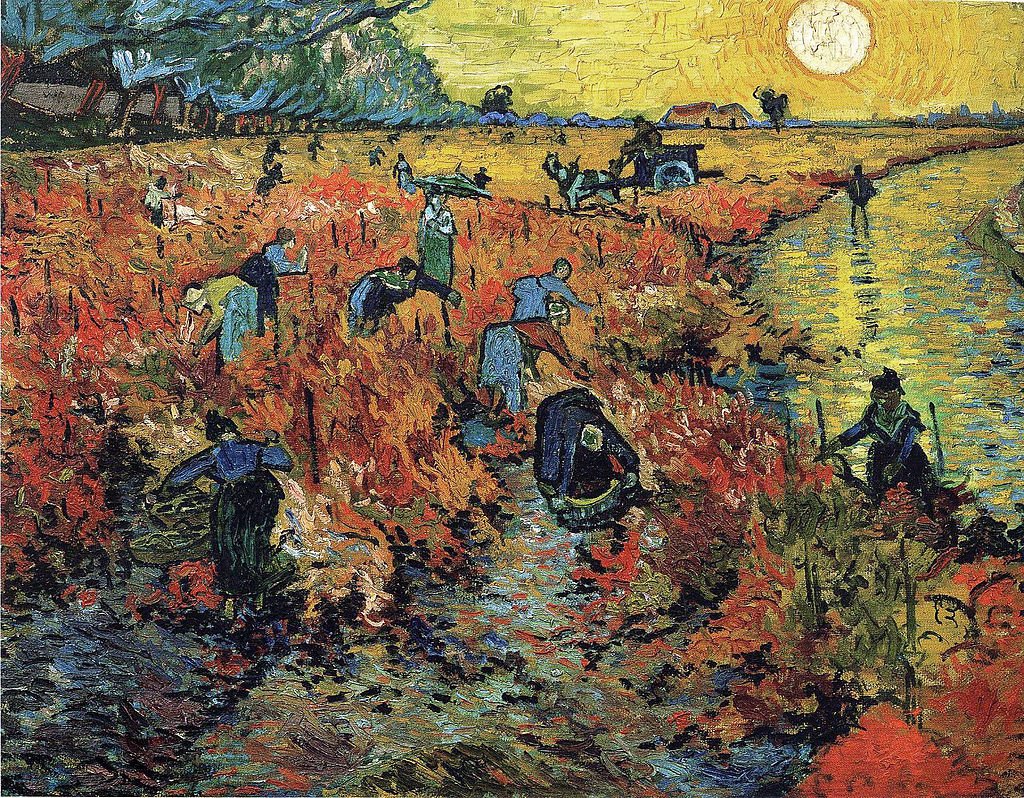When Jesus receive the Holy Spirit in his baptism, that very Spirit drove him into the wilderness. There Jesus resists Satan for his people and brings to us who trust in him, deliverance from temptation and, ultimately, sin itself through his death and resurrection.
Image: The Temptation by the Devil by Gustave Dore, engraving, 1865. Public Domain. Image location: https://www.artbible.info/art/large/18.html

